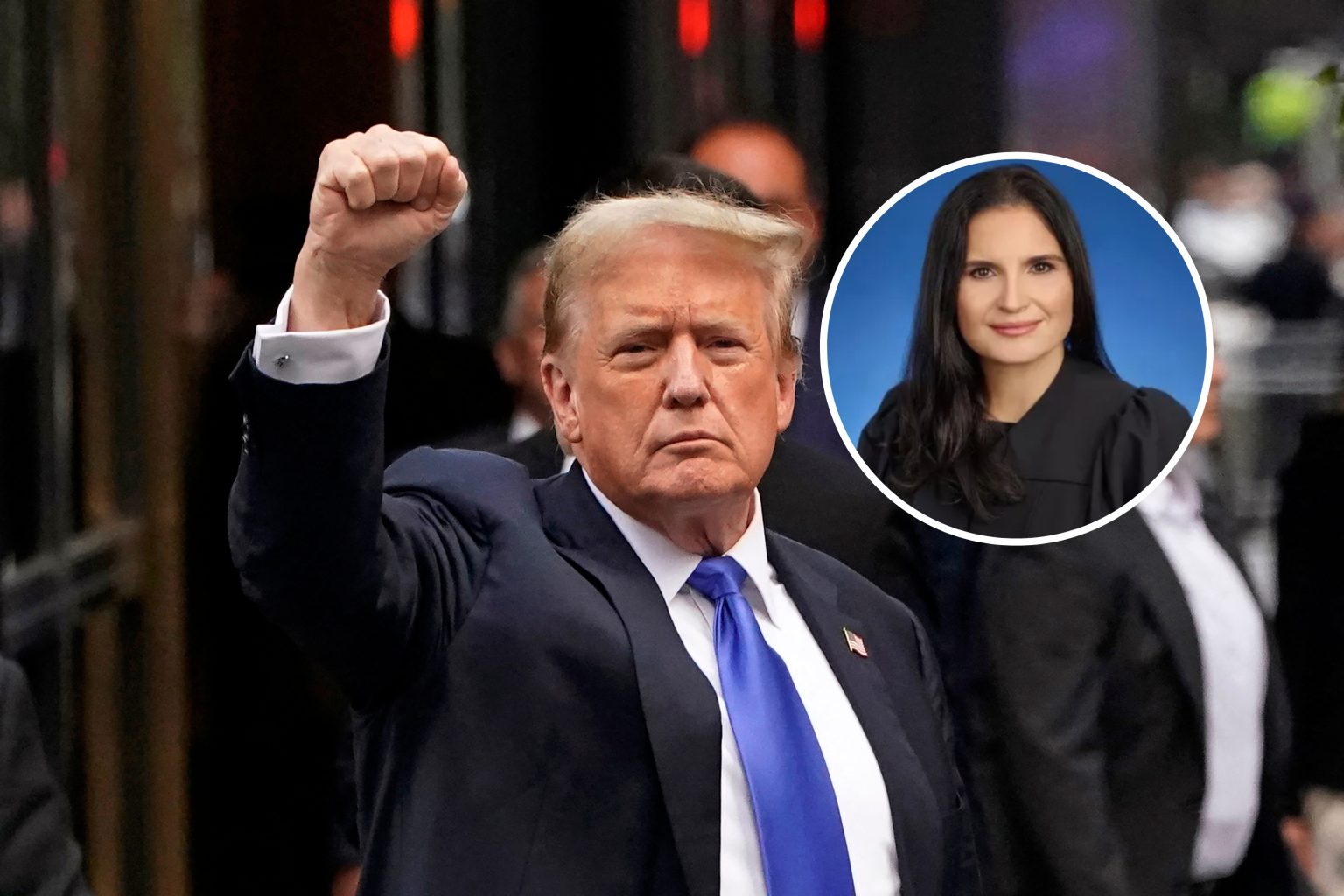The judge overseeing the classified documents case involving former President Donald Trump is facing criticism for allowing outside parties to argue in a hearing to dismiss the proceedings against Trump. U.S. District Judge Aileen Cannon, a Trump appointee, permitted lawyers Josh Blackman, Gene Schaerr, and Matthew Seligman to present oral arguments in a June 21 hearing regarding a motion to dismiss Trump’s 40 federal felony charges. The three lawyers, experts in constitutional law, filed amicus curiae briefs either supporting the dismissal of the case or arguing that it should continue. This decision by Cannon has been deemed highly unusual by legal experts, with many suggesting that most judges would have already rejected the claims made in the motion to dismiss.
Palm Beach County State Attorney Dave Aronberg expressed surprise at Cannon’s decision, noting that it is uncommon for non-parties to participate in oral arguments, especially on claims challenging the constitutionality of the appointment of Special Counsel Jack Smith. Other legal experts also criticized Cannon’s move, with some calling it unnecessary and a "total rambling s*** show." Despite the backlash, the June 21 hearing will proceed with outside parties presenting arguments on the motion to dismiss Trump’s charges. The outcome of the hearing could determine the fate of the documents case, although the trial has been indefinitely postponed by Cannon earlier this year.
The classified documents case against Trump is one of two pending criminal cases stemming from investigations by Special Counsel Jack Smith. Trump also faces federal felony charges related to 2020 election interference in a Washington D.C.-based case, and a separate state-level election subversion case in Georgia. Trump’s conviction on 34 felony counts in New York for falsifying business records to conceal hush money paid to Stormy Daniels marks the first time a U.S. president has been found guilty of a crime. Despite the convictions, Trump continues to maintain his innocence and alleges that he is the victim of persecution and a witch hunt orchestrated by Democrats.
The legal proceedings surrounding former President Trump’s criminal charges have sparked controversy and debate among legal experts and commentators. Judge Cannon’s decision to allow outside parties to argue in the hearing to dismiss Trump’s charges has drawn criticism for being highly unusual. The involvement of constitutional law experts in presenting oral arguments has added complexity to the proceedings, with opposing views on whether the case should be dismissed or continue. The upcoming hearing on June 21 will play a significant role in determining the future of the documents case against Trump, which has been postponed indefinitely.
Despite facing multiple criminal cases, including federal charges related to election interference and state-level election subversion charges, Trump remains adamant about his innocence. His recent conviction on 34 felony counts in New York has marked a historic moment as the first U.S. president to be found guilty of a crime. With the outcome of the documents case uncertain and the possibility of charges being dropped if Trump wins the election in November, the legal battles surrounding Trump’s criminal charges are far from over. The ongoing controversies and legal challenges highlight the complexities and uncertainties surrounding the prosecution of a former president.


